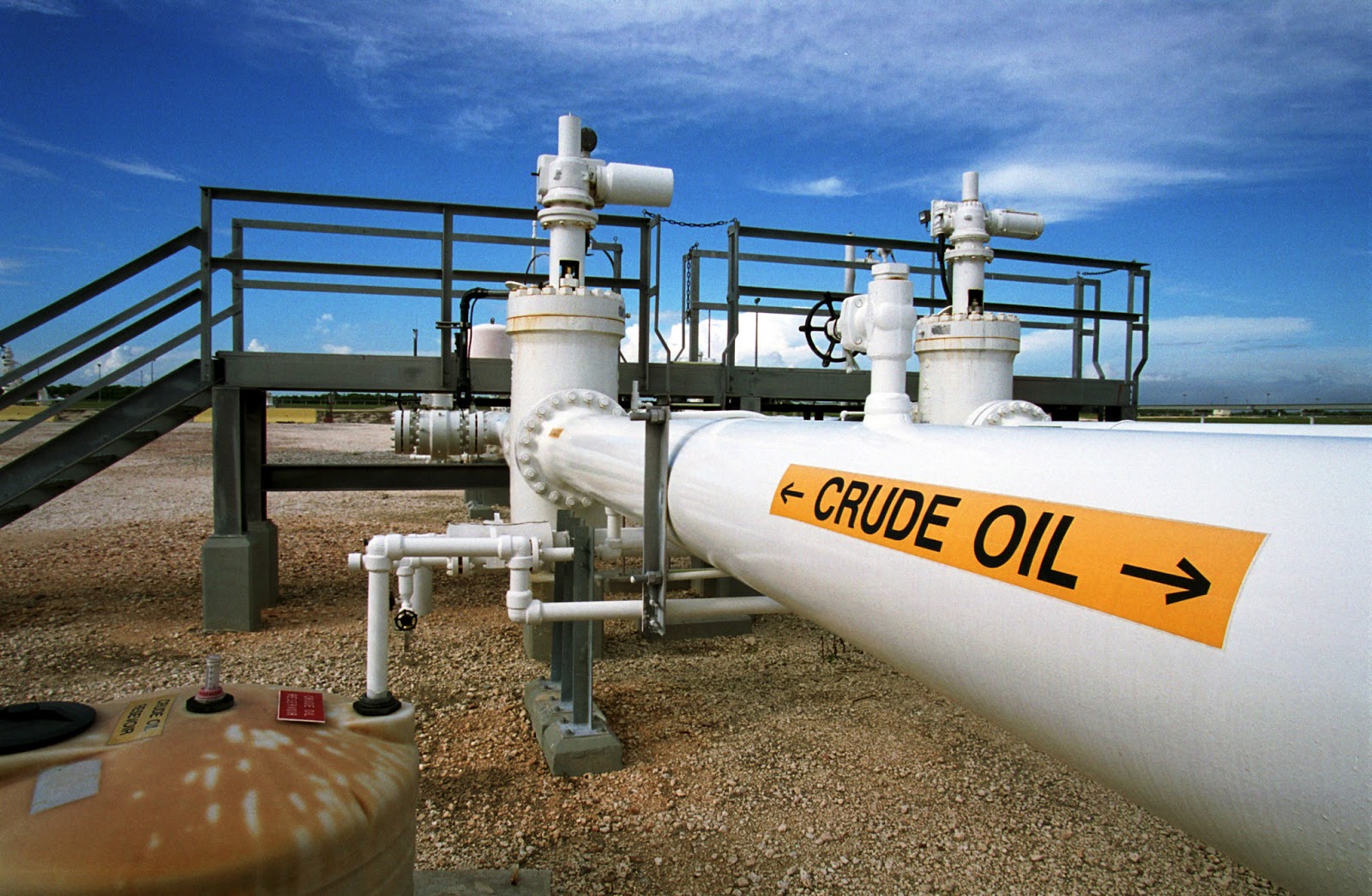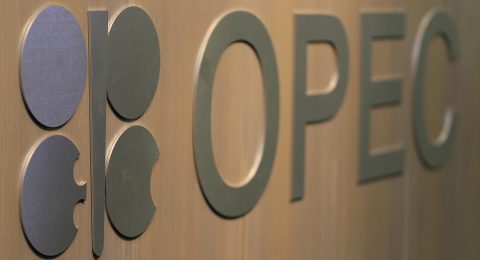Brent crude oil fell below $54 a barrel on Friday and was on track for its third straight weekly loss, hurt by worries of rising supplies from Opec and the United States.
Intensive efforts to clinch a deal between world powers and Iran over its nuclear programme fed concerns that freeing up its flow of oil exports would pile more pressure on the market.
Brent for May delivery had fallen 71 cents to $53.72 by 1120 GMT. The contract is set to decline by more than 1.5 per cent this week.
US crude for April delivery slipped 65 cents to $43.31 a barrel, headed for its fifth weekly loss. The contract expires on Friday.
Kuwait’s oil minister said on Thursday that the Organisation of the Petroleum Exporting Countries (Opec) had no choice but to shun oil output cuts, reiterating the emirate’s view that the group will hold its course when it meets next in June.
“Oil has been under pressure following remarks by Kuwait’s oil minister and the very slim chance of an approaching deal with Iran,” said Eugene Weinberg, Commerzbank’s head of commodities research.
“Continuously high Opec supplies, rising US production and inventories” meant the market was still looking for a floor, he said, adding he “wouldn’t be surprised” if the current month contract dropped to around $50 in coming weeks.
The British, French and German foreign ministers are due to meet Iranian nuclear negotiators in Lausanne on Saturday in the push to resolve the confrontation.
A deal with Iran could lead to the easing of sanctions restricting oil exports to around 1 million barrels per day, potentially adding to a global supply glut.
But Iran was unlikely to be able to raise oil supplies in the short term even if a deal is struck, according to Amrita Sen, chief oil analyst at London-based consultancy Energy Aspects.
The recent strengthening of the US dollar against other currencies has also weighed on demand for dollar-priced assets, Sen said.
Analysts at Bank of America Merrill Lynch believe oil prices are unlikely to recover in the near term and will average $52 a barrel in 2015 and $58 a barrel in 2016.
“This combination of a stronger dollar, a slowing China, and falling commodity prices is not going away any time soon. As the money runs dry and governance issues across emerging markets spring up, expect global oil demand to stay soft,” BAML said.
Source: Gulf News












